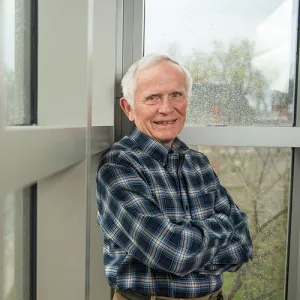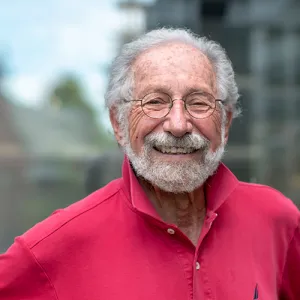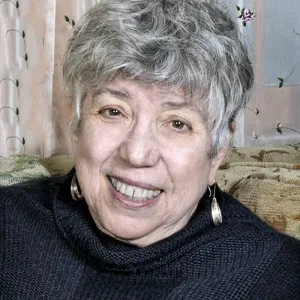Kahn Project Fellowships
Kahn projects bring together 18 fellows, comprised of Smith faculty, staff, and students, Five College faculty, and visiting scholars, to participate as equals to explore diverse areas of research in a collaborative and interdisciplinary setting. Every Kahn project is proposed and designed by Smith faculty members who serve as the project’s organizing fellows.
Long-term Projects
A long-term Kahn project develops intellectual fellowship and fosters communities of scholars in which the line between student and teacher is dissolved. Faculty and Student Fellows meet weekly during a semester or a year and work together as equals, discussing and debating the complex issues surrounding the seminar’s research questions. To build community, fellows share a meal before or after the seminar providing an opportunity to discuss their work in a more informal and relaxed setting.
Short-term Projects
Short-term projects provide new contexts for Smith and Five College faculty to explore topics of common intellectual concern that bear on their own research and may serve as seeds for future long-term projects. Short-term project formats are flexible, but typically take place within an abbreviated timeframe. Short-term projects often include public events, panels or forums, film screenings, workshops, field trips and other activities over the course of two to three days, a weekend, or a series of daylong symposia.
Pitching and Participating in Projects
Informational meetings are held each year for faculty and students who are interested in learning more about long-term projects. See the Projects page for additional information about projects currently recruiting and about proposing short- and long-term projects.
Faculty Fellowships
All current and emeriti Smith faculty, as well as Smith staff members and faculty from the Five Colleges, are eligible to become fellows in Kahn Institute projects. See the projects page to learn about opportunities.


